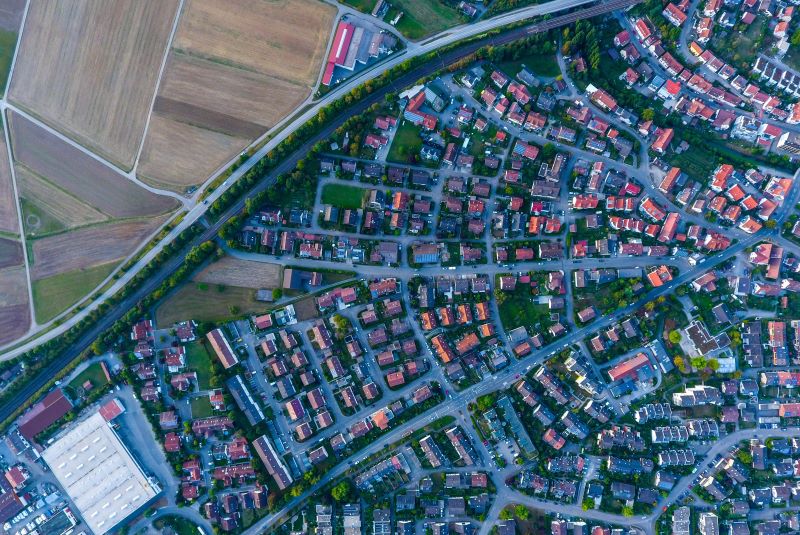The Department of Defense (DoD) increasingly relies on software systems to deliver needed functionality, capabilities, and security. However, the rapid pace of software innovation, evolving regulatory requirements, an ever-growing need for stronger system security, and other factors require continual updating and modernization efforts. These produce untenable increases in system complexity and shift the bulk of system costs and developer focus from design and development to maintenance. As this trend continues, the cost and effort required to maintain current systems might constrain DoD’s ability to develop new software-based capabilities.
To manage the complexity of large software systems, engineers frequently resort to concretization, choosing a specific value, type, or parametric setting from a set of apparently equivalent options. Concretization simplifies the problem space by allowing engineers to define and implement an architecture, and more easily partition development into a set of tasks that may be completed in parallel. However, concretization tends to produce a solution that is highly tailored to a specific problem context, making it difficult to change or adapt the technology in the future.
“Engineers make numerous concretization decisions throughout the development process without documenting the rationale for their choices,” said Jacob Torrey, program manager in DARPA’s Information Innovation Office (I2O). “The context for those decisions is quickly lost, making it harder to modify or adapt the software to meet emerging requirements.”
The Intent-Defined Adaptive Software (IDAS) program will focus on new approaches that capture engineering intentions in order to enable rapid software adaptation. The program seeks to develop engineering methods that separate the problem description – including the problem the software will address, the intent of the software, and its abstract constraints – from any particular instantiation of the software. This approach will enable software engineers to defer concretization until sufficient information is available to make sound choices. The goal of this approach is to drastically reduce the need for manual software modifications, reducing development and maintenance costs and efforts by at least an order of magnitude.
IDAS researchers will endeavor to develop the necessary tools and technologies needed to support this approach. They will explore methods for capturing, learning, and/or annotating programmer intent and constraints at design, development, or build time, while keeping them separate from the concrete decisions needed to generate a specific instance of the software system. IDAS will also research the development of automated technologies for generating or adapting software to new requirements.
To ensure the technologies are able to operate in real-world scenarios, DARPA will conduct periodic challenge exercises within select problem domains, such as cloud migration or logistics systems. These exercises will present evolving sets of requirements that are representative of the changes such systems would likely face over their lifetimes, such as regulatory shifts, new computational resources, or emerging cyber threats.
To aid in the evaluation efforts and promote technology transitions, the program will have a transition and control team that utilizes industry best practices in software engineering to benchmark the IDAS technologies against the current state-of-the-art. To help with transitioning the technology into widespread use, the team will also measure the learning curve required for traditional developers to take advantage of the resulting software tools and techniques.
Interested proposers will have an opportunity to learn more during a proposers’ day on Tuesday, July 9, 2019, from 9:00 a.m. to 12:00 p.m. (EDT) at the DARPA Conference Center, located at 675 N. Randolph Street, Arlington, Virginia, 22203. The purpose of the proposers’ day is to outline the IDAS technical goals and challenges, and to promote an understanding of the BAA proposal requirements. For details about the event, including registration requirements, please visit: https://www.fbo.gov/spg/ODA/DARPA/CMO/DARPA-SN-19-57/listing.html
Source: DARPA








